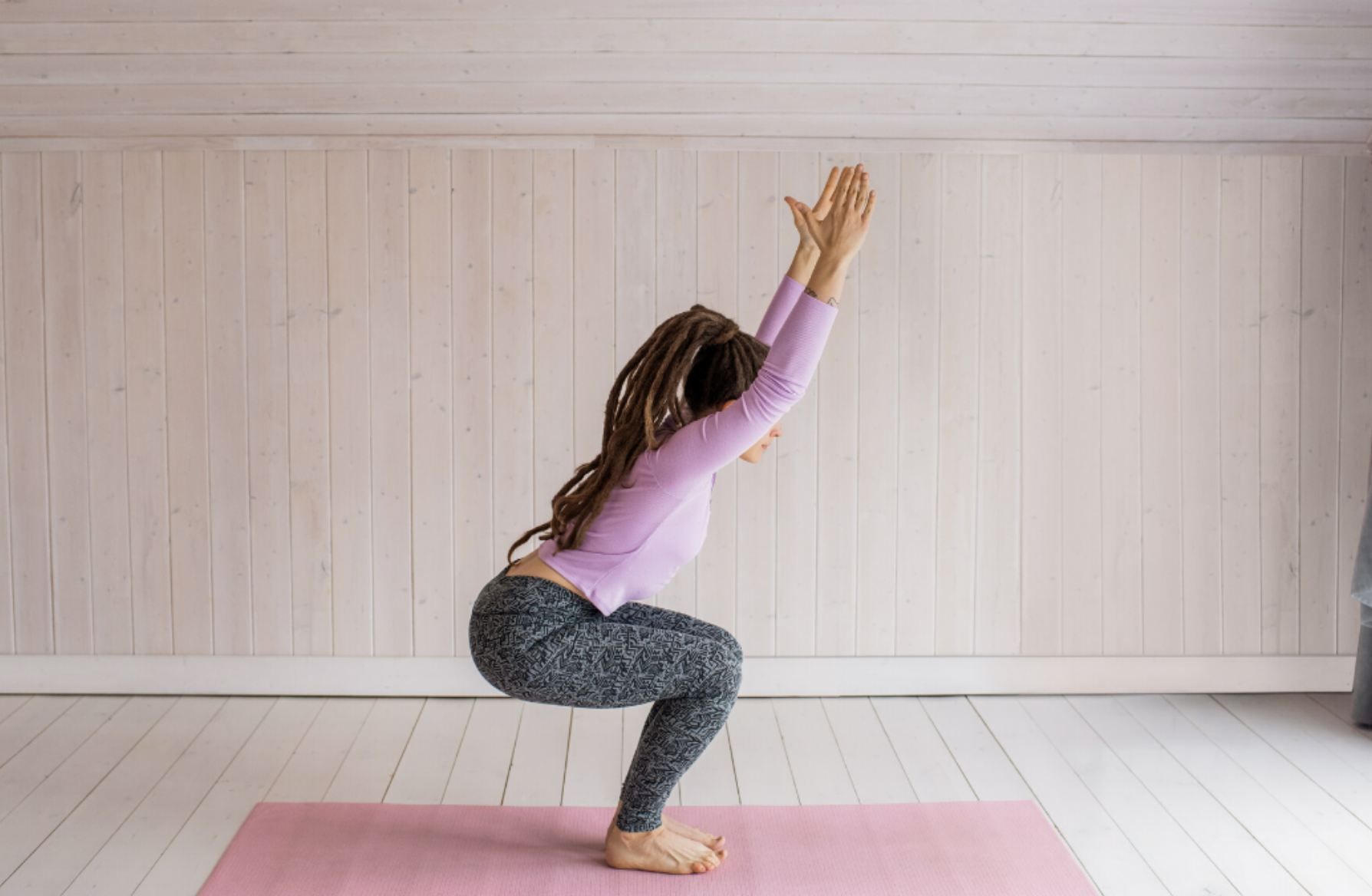Mustering Up The Motivation To Exercise During Covid-19

HippocratesIf we could give every individual the right amount of nourishment and exercise, not too little and not too much, we would have found the safest way to health.
It’s no secret that exercise is important for your health and wellbeing. However, during this time of isolation in response to COVID-19, mustering up the motivation to exercise may seem more challenging than usual. Rolling out a yoga mat in the living room or lunging whilst carrying a backpack full of bricks may not bring as much excitement to your exercise routine as heading to your favourite studio or gym.
Given that maintaining an exercise schedule is important, how do you go about maintaining motivation to ensure you are getting enough exercise to enjoy the psychological benefits it brings?
In essence, motivation is the direction and intensity of effort that we display towards something that we want – it is our drive. For example, we may want to change our behaviour and do more regular exercise. Having a clear understanding of the purpose and intention behind the reasons we exercise – our ‘why’ – can help us establish motivation and enable us to take action and engage in values-driven and goal-directed behaviour. To help you get started on your ‘why’ here are some of the many benefits that come with working out and some tips for taking action.
The psychological benefits of exercise
There are a number of psychological benefits that you may experience through engaging in regular exercise, including:
Improved mood. When you engage in exercise, your brain produces endorphins, the “feel-good” chemicals in the body. These endorphins have a positive influence on your mood, energy levels, sense of wellbeing and memory. Research tells us that the mood enhancement benefits of exercise extend beyond the short-term and are enjoyed long-term as well.
Improved sleep. Exercise can increase your time spent in deep sleep, the phase of sleep most beneficial to physical and psychological restoration. Deep sleep can also help you better manage stress and anxiety. As well as improving the quality of your sleep, exercise can also increase the duration of your sleep.
Decreased depressive symptoms. Whilst exercise in and of itself is not a treatment for depression, a considerable amount of evidence exists suggesting that exercise is effective in reducing depressive symptoms. Even a single bout of exercise can reduce depressive symptoms by releasing the feel-good chemicals mentioned above.
Better manage anxiety. When we perceive a threat our body initiates the fight or flight response, causing our breathing to become quicker and heart rate to increase. Individuals with a heightened sensitivity to anxiety can respond to this mechanism and physical sensations with fear. Given that exercise produces the same symptoms as those mentioned (i.e., quickened breathing, increased heart rate), research has found that regular exercise can help people prone to anxiety associate the symptoms with safety rather than with danger, resulting in a reduction in their anxiety sensitivity.
Once you understand the overall benefits of exercise – it’s time to get into action. One helpful way to understand motivation is through the lens of self-determination theory, which suggests that people are motivated to grow, develop and change by three innate psychological needs: autonomy, competence and relatedness.
Autonomy
Three key ways we can feel autonomous in our at-home workouts are:
- Choice. It is important to provide yourself with choices regarding different exercises you may want to do – explore and get creative when it comes to investigating options (think classes live-streamed, or on Youtube, as well as the many apps out there that provide different kinds of workouts so you can mix it up.)
- Use non-controlling language. Limit the pressure you put on yourself by avoiding language such as ‘should’, ‘must’, and ‘have to’. Embrace a sense of choice and flexibility in decision making.
- Acknowledge negative feelings. Give yourself permission to experience any negative feelings or frustrations that may come up during this time while you explore new exercise options and modify your exercise routine.
Competence
Understanding where your strengths are and where you might need a helping hand is another key component behind motivation, this can include:
- Strengths identification. Noticing what skills and strengths you possess is a good way to enhance your motivation to exercise. For example, if perseverance is a strength, then consistently waking up early for your morning run is more achievable.
- Educate and up skill. Learning a new form of exercise or exercise routine during this time of isolation is a great way to feel more competent.
Relatedness
Finally, our relationships with others (friends/family/community) can have a significant impact on our motivation levels. Some tips to tap into these relationships to help you achieve your fitness goals include:
- Share exercise goals. While you are in isolation and unable to share an exercise space with other people, setting and sharing your exercise goals is a great way to stay connected to your community. Informing others of your exercise goals and hearing theirs is effective in holding each other accountable.
- Online workouts. Using online video platforms is a useful way to share an exercise space with your friends while being physically isolated. Tools such as Zoom or FaceTime can be used to conduct group fitness sessions and stay connected with your exercise class members that you would otherwise be attending in person.





